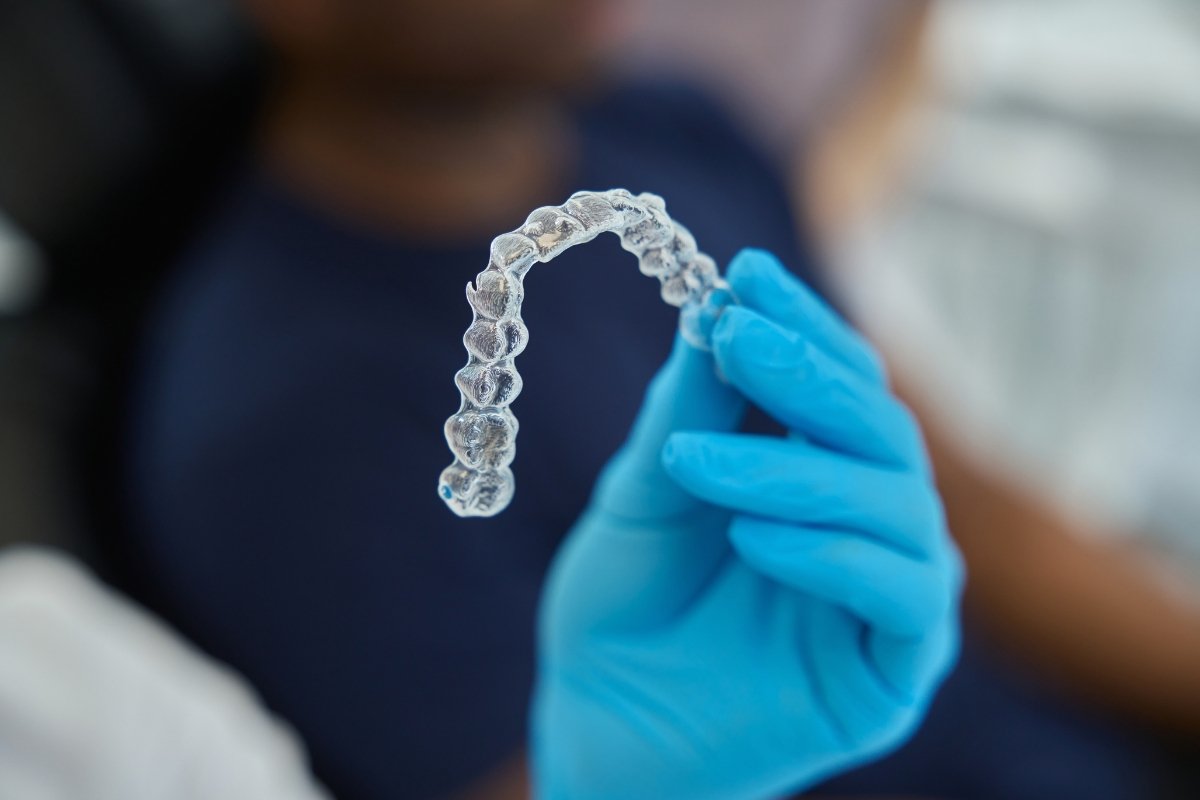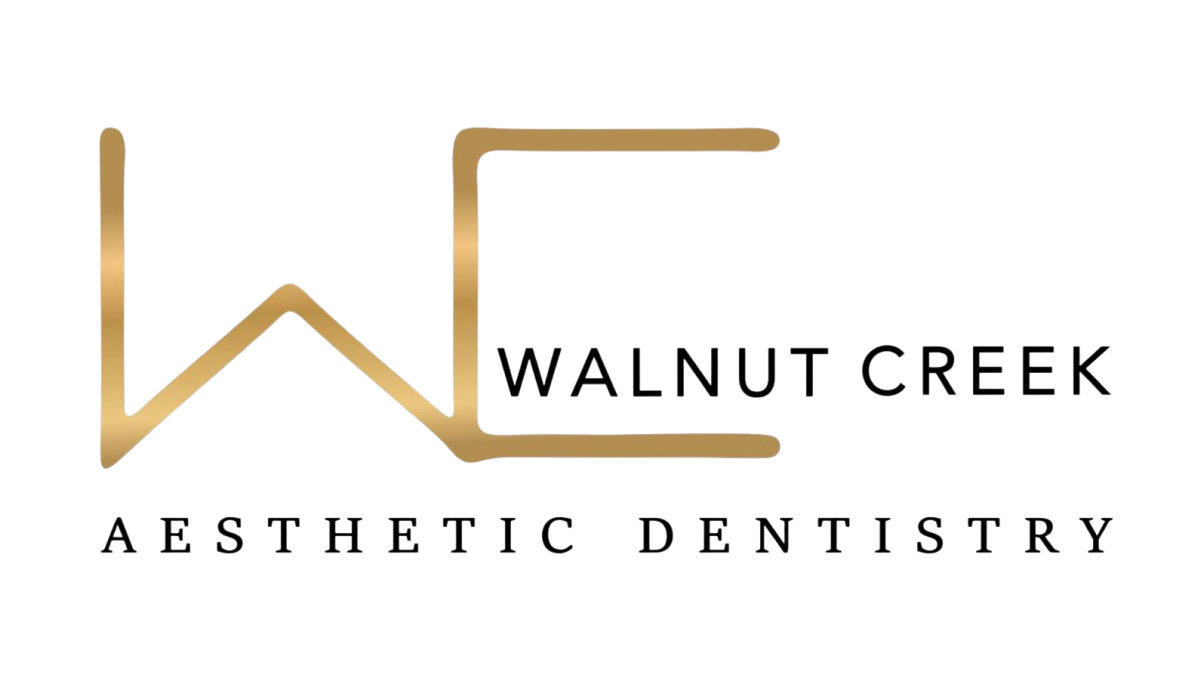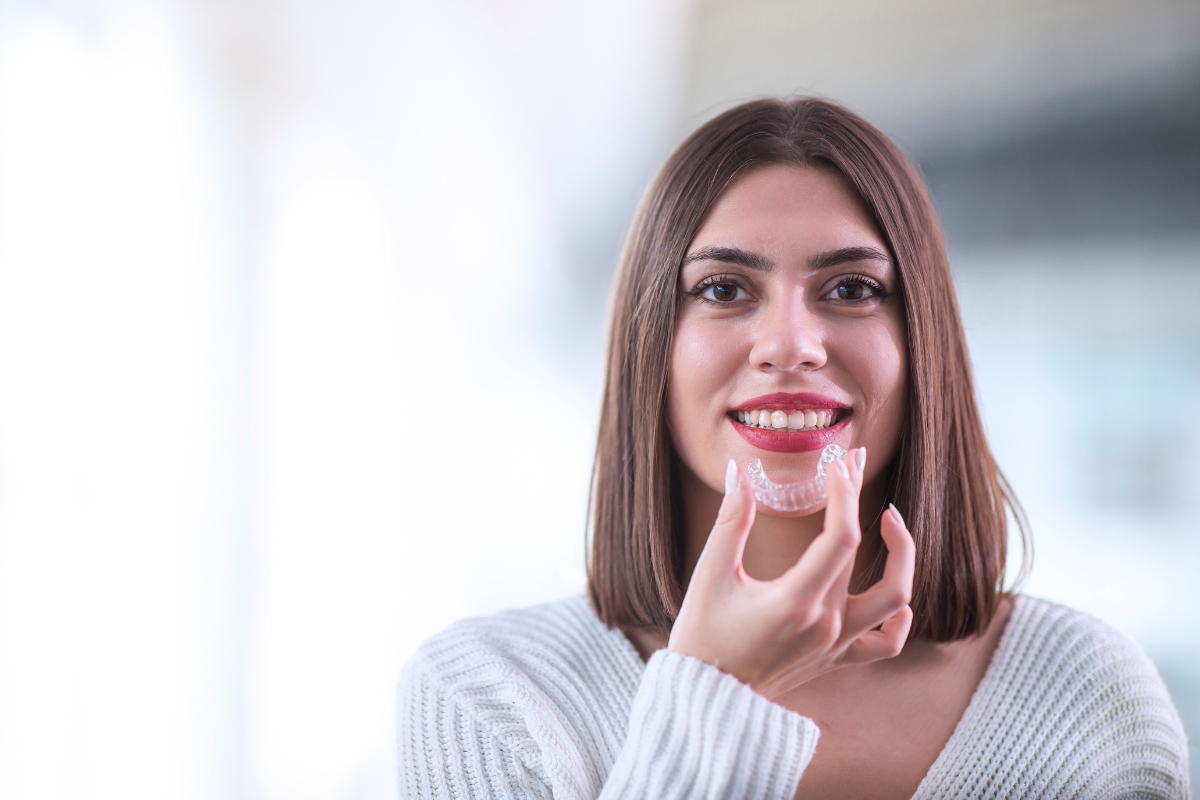
Invisalign is a modern way to straighten teeth without using metal braces. Many people want to fix bite problems and crooked teeth. But they also want something less noticeable and more comfortable. That’s where Invisalign comes in.
This method uses clear aligners made of smooth plastic. They fit snugly over your teeth and move them slowly into place. You can remove them while eating or brushing, which makes them easy to live with.
But the big question is—can Invisalign treat serious dental problems like overbites, underbites, or crowded teeth? Let’s take a closer look at how it helps with each one.
Can Invisalign Fix an Overbite?
An overbite happens when your top front teeth stick out too far over the bottom ones. It’s very common and can lead to other dental problems if not treated.
Here’s how Invisalign helps:
- It uses a series of aligners that slowly move the teeth into better alignment
- Attachments may be placed on teeth to help shift them more effectively
- Rubber bands can also be used with Invisalign to correct jaw position
- Most mild to moderate overbites can be treated well with Invisalign
Invisalign in Walnut Creek works best when the jaw is still growing. So, teens often get quicker results. But adults can see great improvements, too.
Benefits of fixing an overbite include:
- Better chewing and speaking
- Less wear on the front teeth
- Reduced chance of jaw pain
Though very severe overbites might need more advanced treatment, Invisalign is a strong option in many cases. Dentists will decide if it’s suitable based on how complex the bite is.
How Invisalign Helps with Underbites?
An underbite is when the bottom teeth sit in front of the top teeth. This can affect the way you bite, speak, and even how your face looks.
Here’s what Invisalign can do:
- Shift teeth into a better position using steady, gentle pressure
- Help close the gap between the upper and lower jaws
- Reduce strain on the jaw and teeth over time
Sometimes, attachments or rubber bands are added to guide the teeth more effectively. Invisalign works well for mild to moderate underbites.
Why treating underbites matters:
- It improves bite and makes chewing easier
- It helps avoid jaw pain and uneven wear on teeth
- It often boosts facial symmetry and appearance
In more severe cases, especially when the jaw shape plays a big role, other dental treatments or surgery may be needed. Still, Invisalign can often be a great starting point or part of the solution.
Is Invisalign Good for Crowded Teeth?
Crowded teeth are a common problem. When there’s not enough space in the mouth, teeth can overlap or twist. This not only affects your smile but also makes cleaning your teeth harder.
Invisalign is well-known for treating this issue:
- It gently shifts teeth to create more space
- Aligners help spread the teeth evenly across the jaw
- It can often fix crowding without pulling any teeth
Crowded teeth can lead to:
- Plaque build-up and gum disease
- Bad breath
- Tooth wear due to overlapping surfaces
Treating them with Invisalign makes brushing and flossing easier, which helps prevent other dental issues. The process usually takes several months to a year, depending on how crowded the teeth are.
Invisalign can handle a range of cases, from slight crowding to more advanced ones. Your dentist will look at your teeth and plan a custom approach.
What Makes Invisalign a Good Option?
Invisalign is popular for a reason. Besides being almost invisible, it offers benefits that many people love:
- You can remove it anytime for meals and cleaning
- It’s comfortable to wear with no wires or brackets
- You can still enjoy most foods during treatment
- Appointments are usually short and simple.
It also fits well into your daily life:
- No need to visit the dentist as often as with braces
- Easy to keep clean and maintain
- Fewer issues with mouth sores or irritation
When it comes to bite and alignment issues, Invisalign can help in many cases. However, it’s not a one-size-fits-all solution. A dental professional will check your teeth and bite first.
Invisalign can be a strong choice for fixing overbites, underbites, and crowded teeth. While it’s not right for every single case, it does a great job in most mild to moderate situations.
If you’re thinking about straightening your teeth without braces, this method might work for you. Talk to a dental provider who offers Invisalign. They can help you decide if it’s the right way to improve your smile and your bite.



